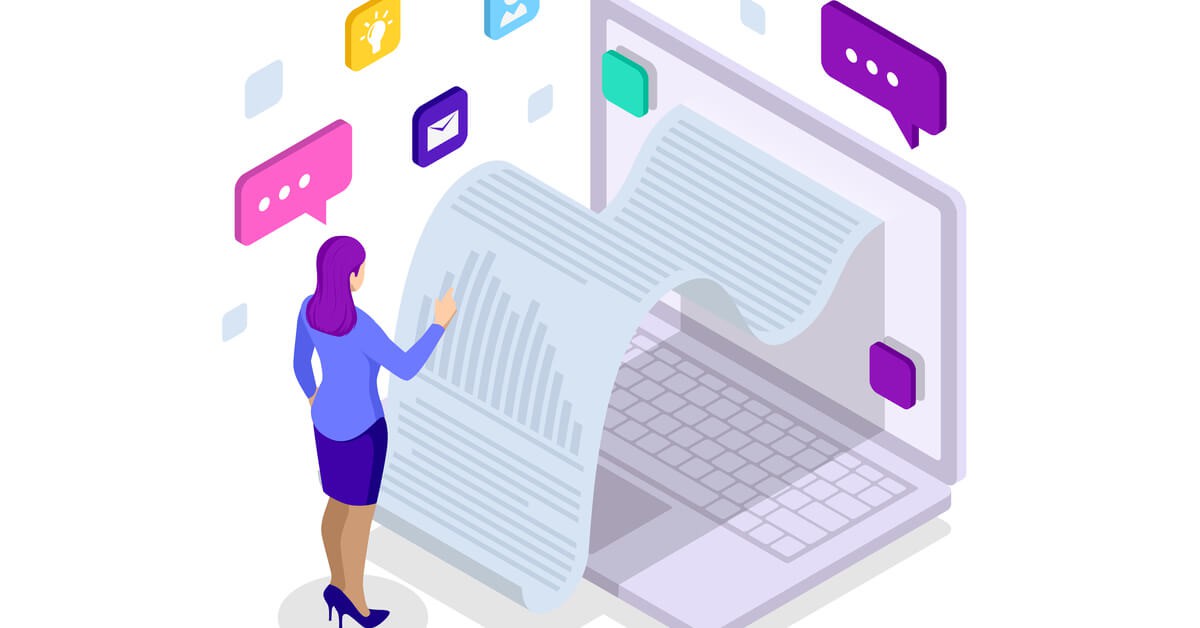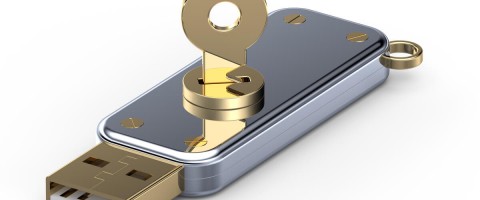I remember renting an apartment from a very thoughtful landlord. Whether she just wanted to make sure she received the rent on time or she was just trying to make life easier for her tenants, she would go around to all of her properties and leave a self-address stamped envelopes wedged between the doorknob and door frame. While this process probably took her several hours a month or money in hiring a property manager to do so, it helped her remove one obstacle between her and receiving her rent on time. When I moved into a new rent house many years later, I noticed the landlords going door-to-door to collect the rent every month. By this point, I could see the inefficiency in this process. While helping this rental company build a website, I also convinced them to invest in a program that would let tenants pay electronically — even from their mobile phones.
While this kept the landlords out of the elements to leave envelopes or collect rent, this also removed several obstacles between them and receiving their rent. In this piece, we’re going to look at just a handful of reasons why switching to an electronic payment system with an electronic content management system over the alternative makes a tremendous amount of sense.
1. Electronic payment systems reduce administrative costs.
One of the most obvious benefits to an electronic payment system is no longer needing as many staff members to process the payments. In addition to paying people to make a record of the payments and process the funds for goods or services rendered, the savings also come by way of a lack of human errors. Billing staff members make mistakes every so often. The cost of these mistakes being the cost of doing business. Electronic billing systems, when working in tandem with an electronic content management system in the form of a CRM or another program, greatly reduce the number of billing mistakes on your end.
2. E-billing systems make payment styles more flexible for customers.
We all have our favorite way to pay bills. Some like to use a credit card to rack up airline miles. Others like to use a debit card or even a Paypal account to manage bills with our banks online. Electronic billing services typically allow for an array of billing options for customers. Also, being that these payment transfers are electronic, this age of mobile technology has made it possible for customers to pay bills from absolutely anywhere.
3. Electronic billing systems remove waste and lag time from the payment process.
Let’s just face it — physical mail is wasteful. Envelopes, additional information stuffed into each bill, the cost of stamps — these are all costs and clutter we would like to do without. In addition to the material waste, there is the waste of time associated with physical mail. Even if a customer is located in the same city, it will take a least a day for a piece of mail to reach them. There will be days wasted between the time it takes to mail a bill and to receive its payment. Electronic billing removes all of the waste associated with “snail mail” while also providing confirmation that the bill was sent and received.
4. Electronic billing makes reporting easy.
Keeping accurate records with a professional electronic billing system is extremely simple and precise. These systems also help you keep track of who has paid their bills and who is delinquent. All manner of customer billing management can be completely automated, including invoicing, past-due notifications, and much more. Just by setting up a few specific rules, the billing process is simplified and precise.





